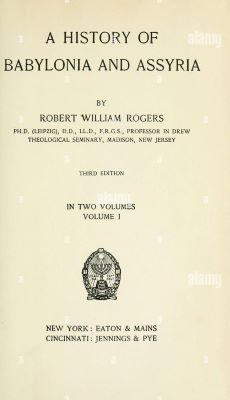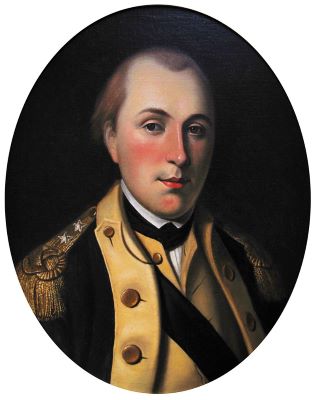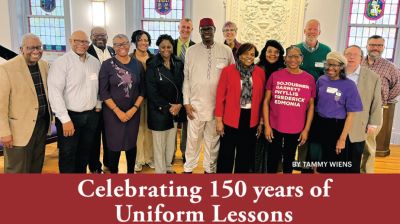
On July 2, the Lower Manhattan Historical Association (LMHA) held its second annual Alexander Hamilton Immigrant Awards Ceremony at Federal Hall, the National Park service site at Wall and Broad Streets in Lower Manhattan. Following the ceremony a parade was held (an edited video will be available at the LMHA website in the near future.
As a board member of the organization, I was asked to say a few words immediately prior to the handing out the awards. A slightly longer version of my remarks are presented below.
Today we honor four Americans at the Alexander Hamilton Immigrant Awards Ceremony. If I had said these words – say – 5, certainly 10 years ago, people would have been befuddled and looked at me in bewilderment.
Sure Alexander Hamilton was a founding father.
Sure he helped establish this country.
Sure he has a long list of achievements which I could recite until you are bored.
But immigrant!?
Recognizing Alexander Hamilton for having been an immigrant!
What’s going on here?
When Hamilton and others constituted this country, no one knew that it would last.
No one knew it would have a centennial.
No one knew it would have a bicentennial.
No one knew it would celebrate its 241st birthday.
But even as those first Americans sang Yankee Doodle Dandy, they called America an experiment.
And as we know, not all experiments succeed.
A journey had begun but would it endure?
With round two, the War of 1812, it looked like the experiment might end in failure. As a new generation of Americans was baptized by blood into the American covenant experience, things looked grim for the fledgling country. But we sang the Star Spangled Banner and endured. The journey continued.
On July 4, 1817, in Rome, New York, a hole in the ground was dug on what became the Erie Canal, a wonder of wonders of technological achievement and political vision. The journey continued and their were canal songs to sing as you can hear from the Hudson River Ramblers outside on the steps of Federal Hall.
By July 4, 1826, the 50th anniversary of our birthday, the experiment seemed a success. We had overcome the threats to our existence and were ready to fulfill a manifest destiny. On that very day two of the authors of the Declaration of Independence, Thomas Jefferson and John Adams, died within hours of each other. For the people of times there could only be one explanation for such a coincidence: Divine Providence blessed this country. The journey continued.
On July 4, 1827, New York freed its slaves. The unfinished business that stained the very fabric of this country ceased in at least one more part of it. The journey continued.
At the beginning of July in 1863, the two halves that had been rendered asunder fought at Gettysburg. Months later, Abraham Lincoln in an address that would redefine the country, said these words which Americans still recall to this very day: “Four score and seven years ago our fathers brought forth on this continent, a new nation, conceived in Liberty, and dedicated to the proposition that all men are created equal.”
Lincoln knew that not all the people in the audience were sons and daughters of the American Revolution.
Lincoln knew that many of the people in the audience and who had voted for him were immigrants.
Lincoln also knew that Americans native-born or naturalized who had been baptized by blood in the war to preserve the Union stood as one with those who had created the country 77 years earlier. Lincoln heard a new song, The Battle Hymn of the Republic, a song that combined the words of a Congregationalist and the music of a Methodist camp song, the leading religions of the colonial past and the Civil War present joined together. The journey continued.
When the “War to end all Wars” was fought, once again immigrants joined with the native-born on behalf of the country they loved. Irishman George M. Cohan revived Yankee Doodle Dandy on behalf of the effort to win the war Over There, Over There and America sang his songs as another generation and new immigrants were baptized by blood into the American covenant community. The journey continued.
World War II confronted America with the face of pure evil. This time it was a Russian-born Jewish immigrant, Irving Berlin, who composed the song America sang on its way to victory. With “God Bless America” another generation of Americans, native born and from Ellis Island rose to the occasion. The journey continued.
Have we run out of new songs to sing about the country we love? Have we stopped producing people who express their love of country through music? Sure there is Born in the USA by the Boss, a beloved song to the Gipper, who said it was morning in America and we are a city on a hill that the eyes of the world are upon. We don’t hear those sentiments coming from the White House anymore.
But what about “Hamilton.” Not a song to sing but a musical to experience. Not simply a Hamilton for academics to study, but Hamilton as a story for all Americans to tell, a soundtrack for Americans to buy, a musical for high school students to perform, a message for all Americans to hear.
Yes, he is still the same Hamilton who did all those things that helped build this country, but he has become something more than an academic figure, he has become a symbol, a metaphor, an example. He has done so not only though himself but through the cast that shares his story. When Hamilton lived there was no such thing as a white race in America. There were Scotch-Irish, Dutch, Palatines, French Huguenot, Puritan English, Cavalier English and woe to the person in New York who didn’t recognize the difference among the Mohawk, Oneida, Onondaga, Cayuga, Seneca, and Tuscarora. Now we have new names and more peoples but the issue remains the same – are we all part of We the People?
Hamilton answers in the affirmative.
Hamilton affirms that July 4 is the birthday of the country for all Americans.
Hamilton asserts that we are all part of the American narrative.
The journey continues
Who will tell the story ends the musical.
We will tell the story.
Right here.
Right now.
With the Alexander Hamilton Immigrant Achievement Awards
Thank you and congratulations to the awardees for continuing the journey.





